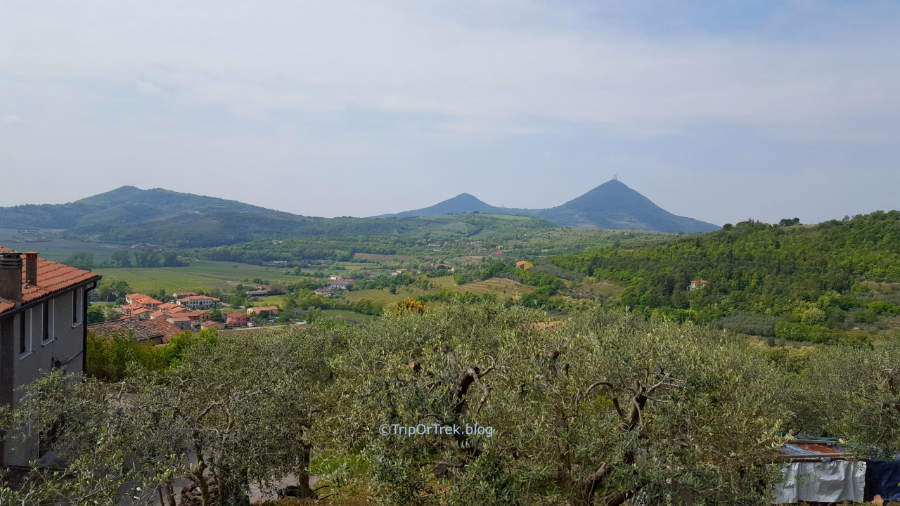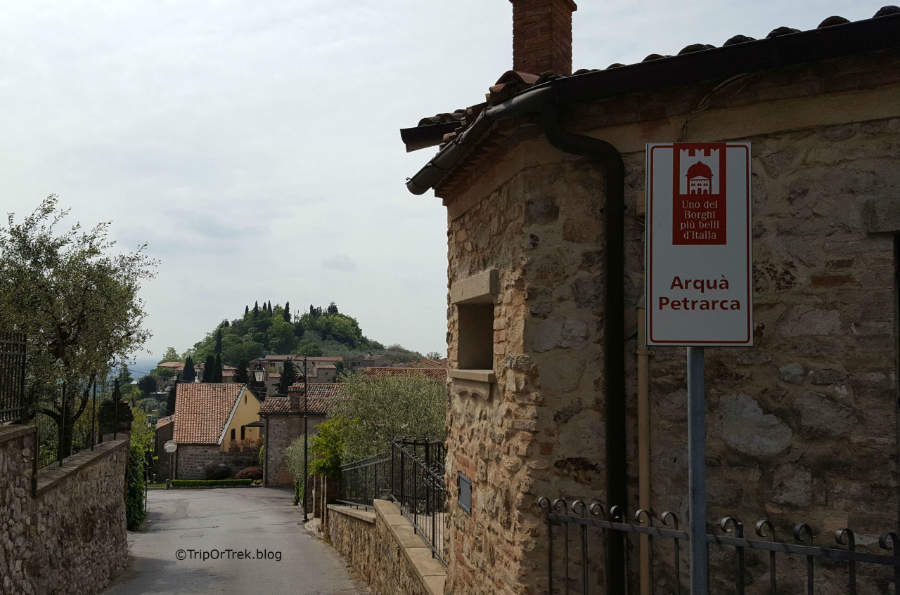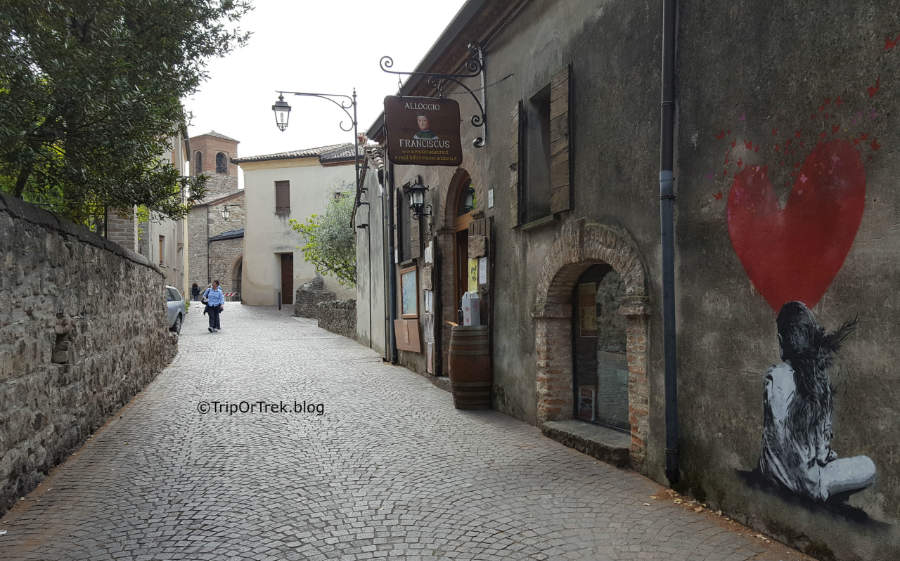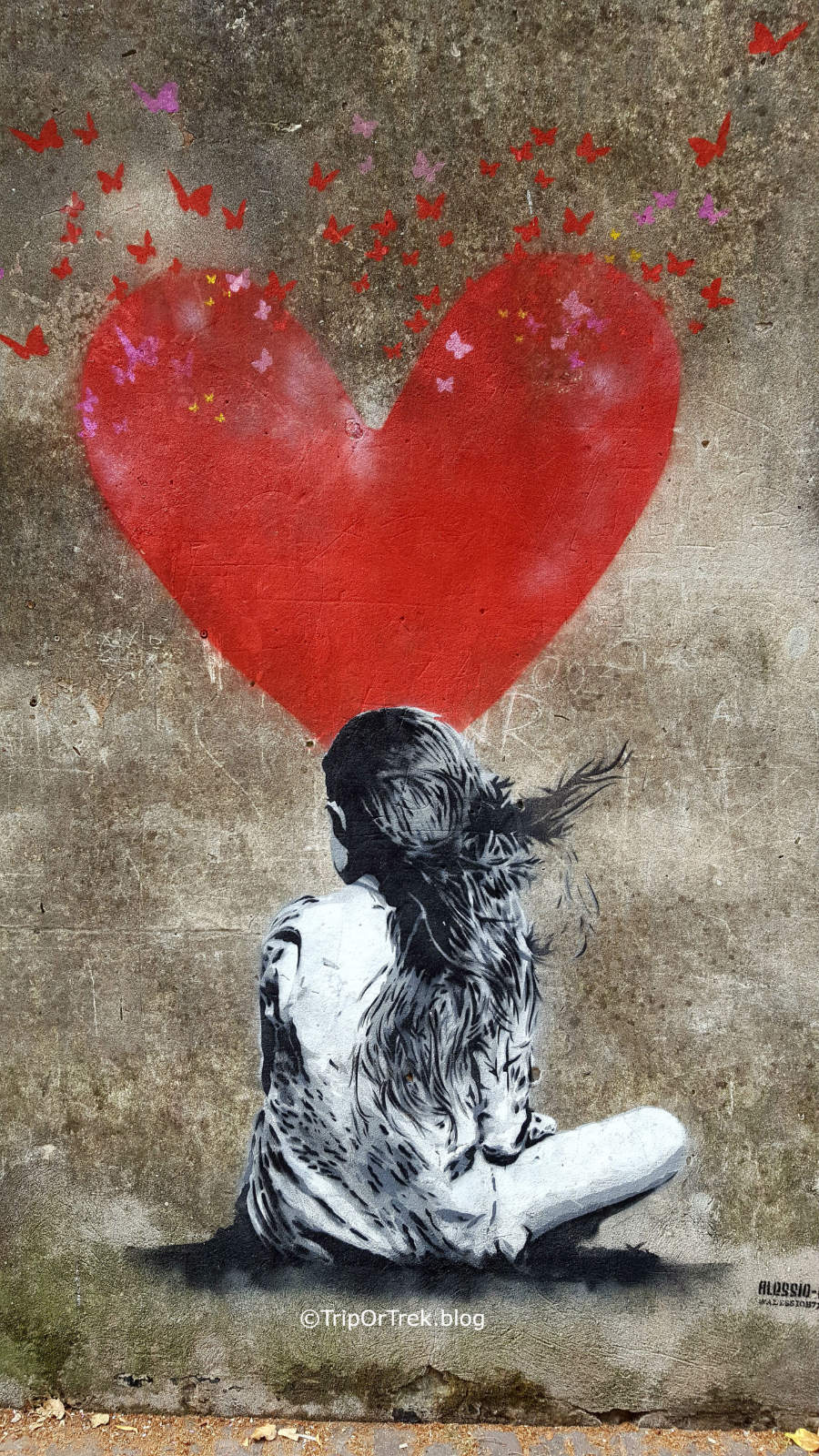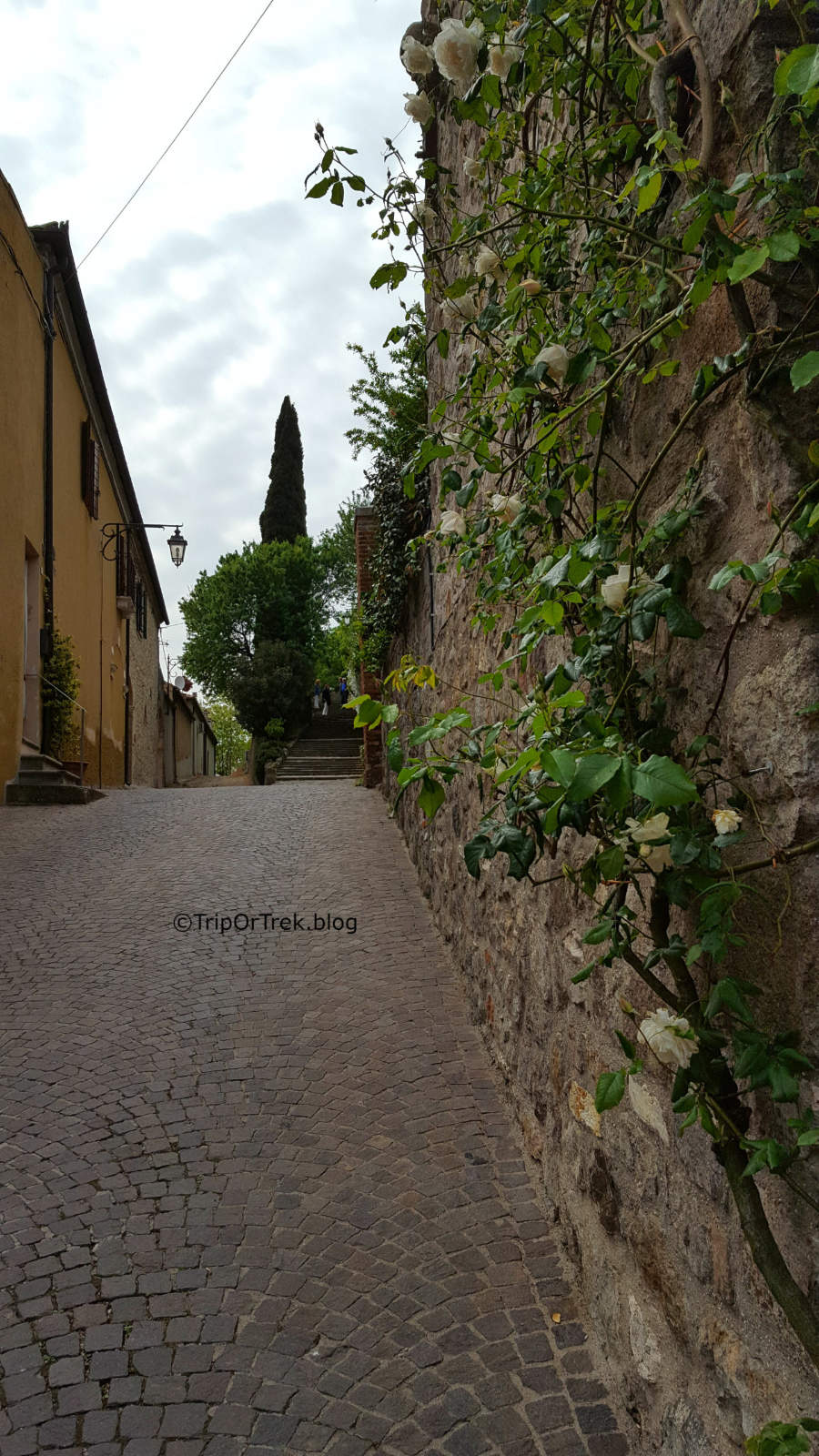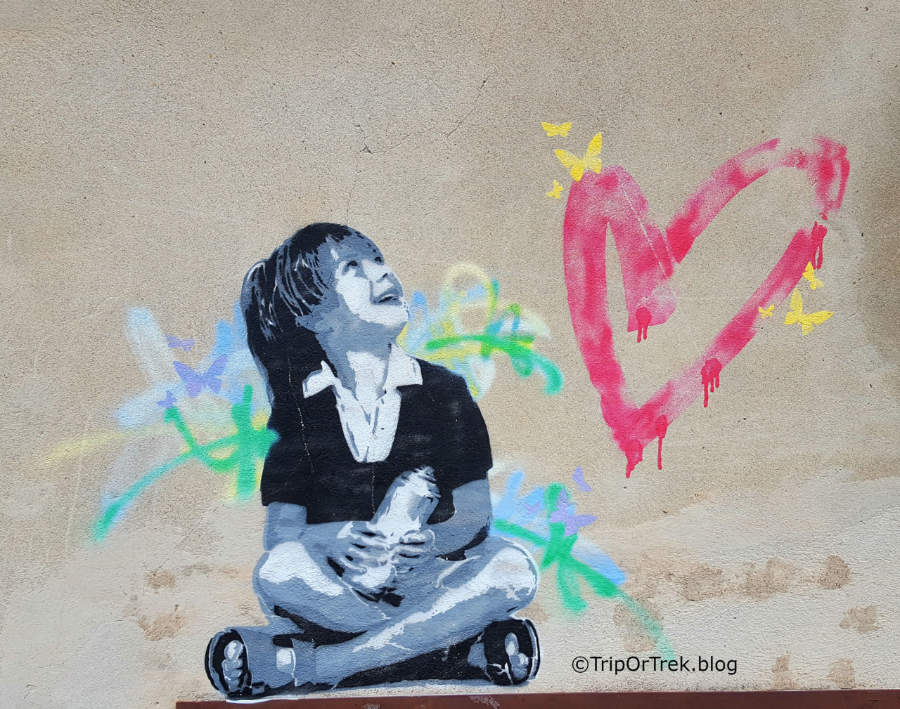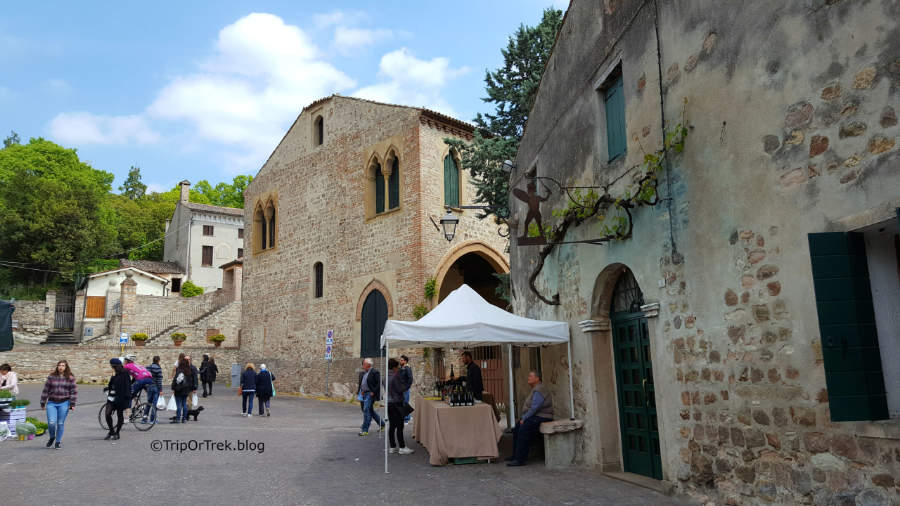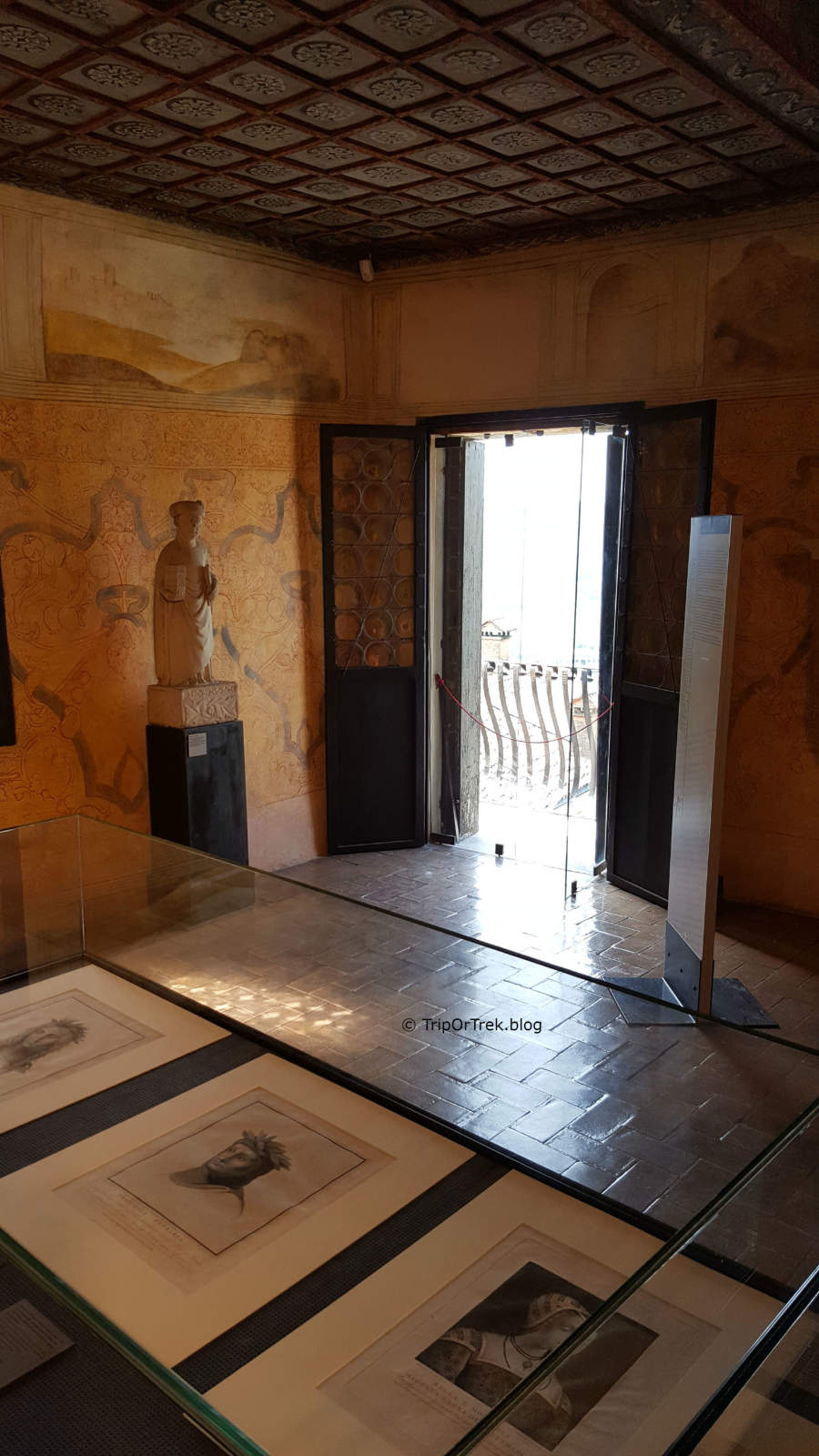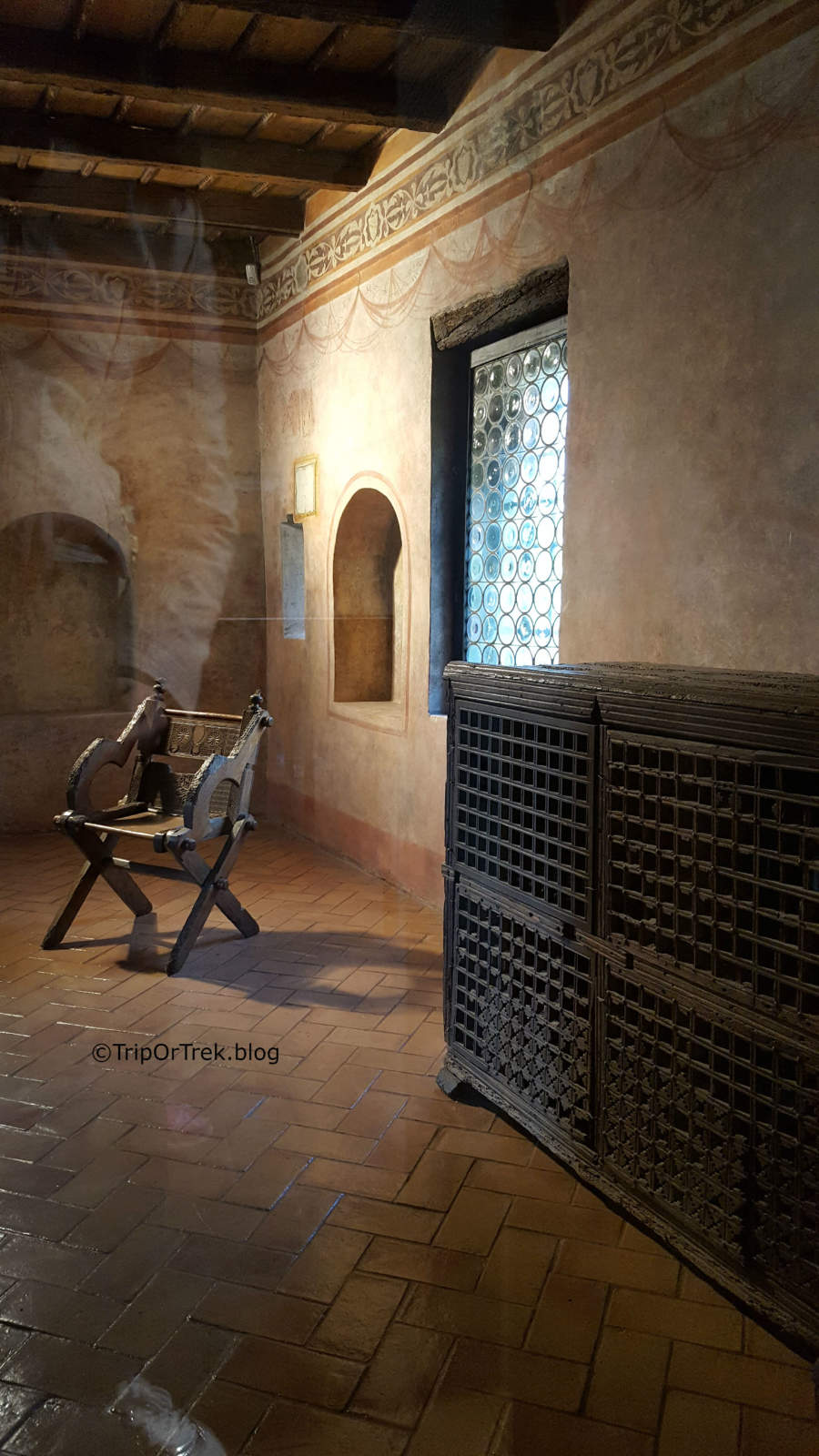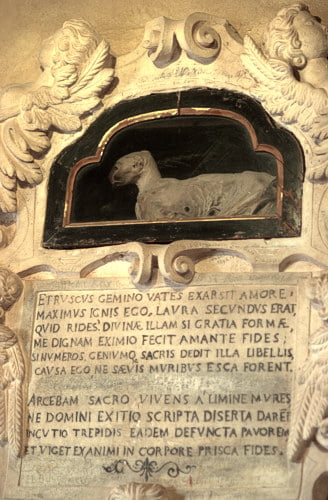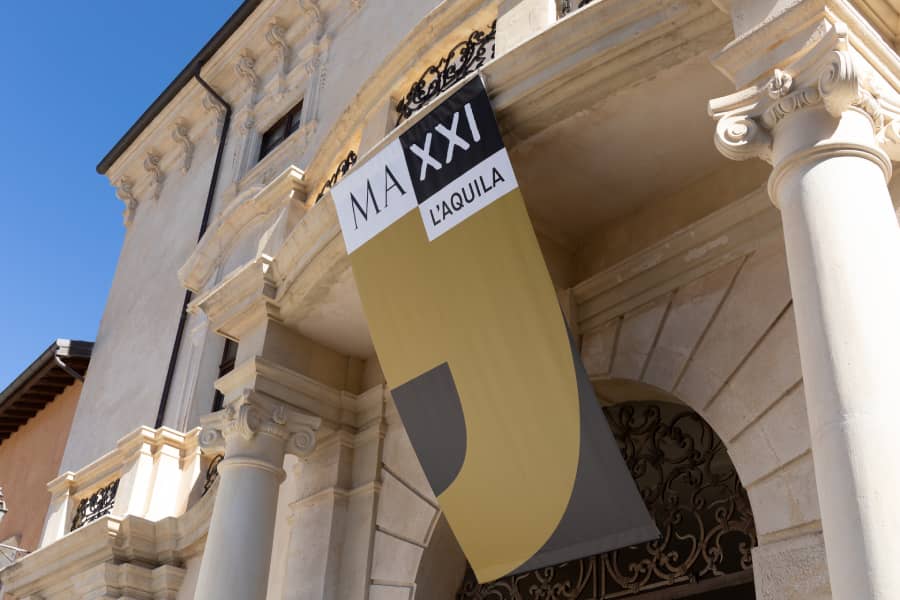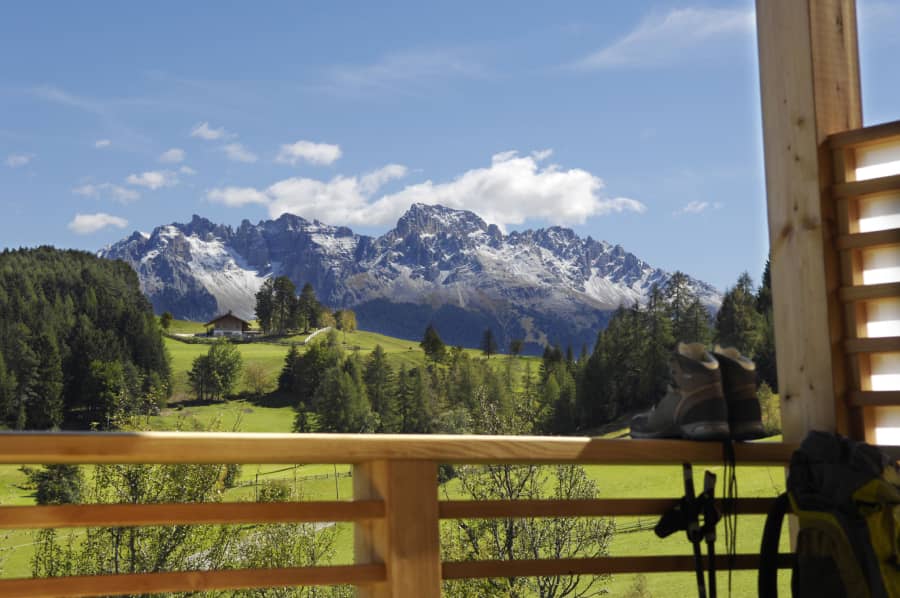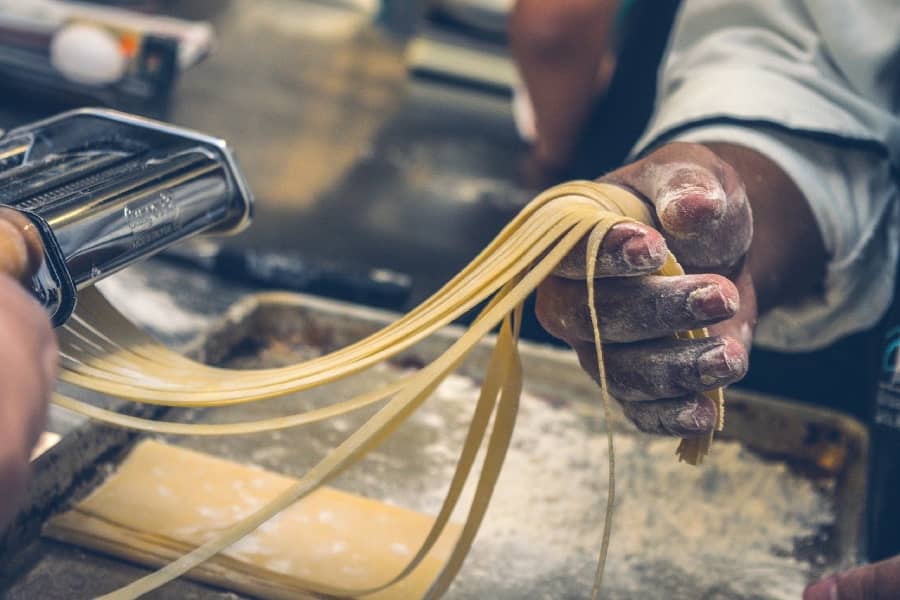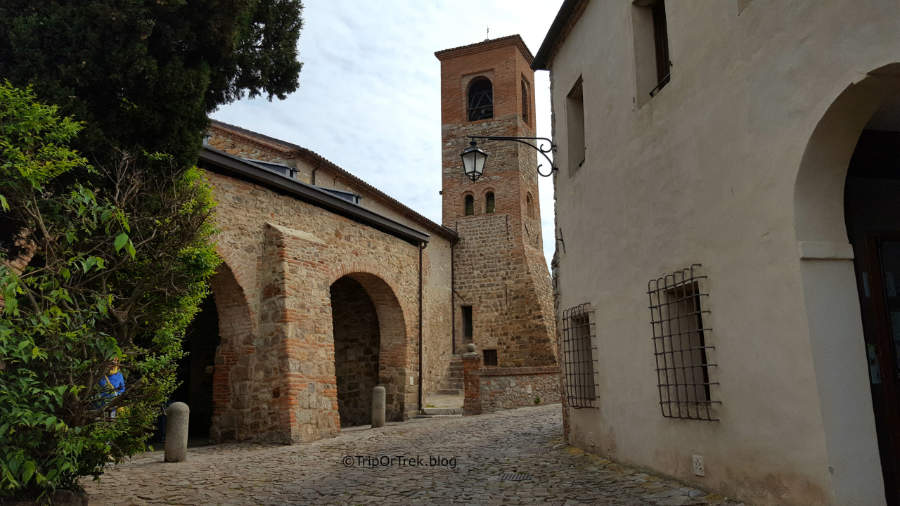
Medieval village that retains its ancient charm, Arquà Petrarca, a small town in the province of Padua, nestled among the Euganean hills, is famous for being the residence of Francesco Petrarca, the great poet of the Italian language who here wished to spend the last years of his life.
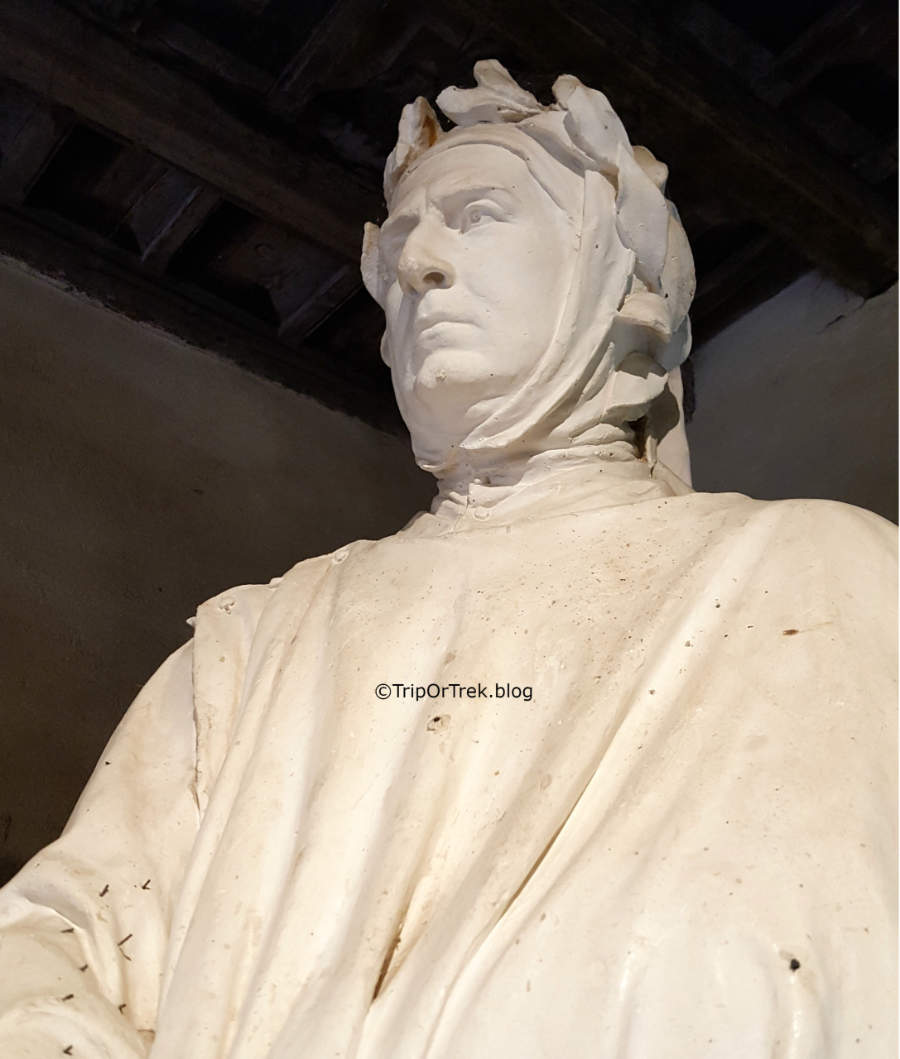
The name
The village developed on two hillsides and is embraced by others, who gently descend towards the plain forming an arc, from which the Latin name Arquatum, then became Arquade and finally Arquà. In 1868 it was added to the name of Petrarca. The memory of the poet favored over the centuries the construction of houses and villas of many Venetian families that today constitute an artistic and architectural heritage of value, as much as the town of Arquà Petrarca was admitted to the club of the most beautiful villages of Italy and it also received the Orange Flag of the Touring Club.
Walk through the alleys of Arquà Petrarca is a journey into the journey: in fact, the past, represented by historic buildings such as the oratory of SS.Trinità and the Loggia dei Vicari, the place where in the Middle Ages the family heads discussed the problems of the country, are flanked by houses on which stand out beautiful, colorful and modern murals. Following the street art drawings, you will find the Fontana del Petrarca and the Church of Santa Maria Assunta, which stands opposite the tomb of the poet.
The tomb and the mystery of the remains
Francesco Petrarca died, struck by syncope, in the night between 18 and 19 July 1374 on the eve of his seventy birthday. For will-will, his remains were buried first in the church of the village and then placed, in 1380, in the marble sarcophagus visible to this day.In 1630, however, the tomb was plundered and some bones of the poet’s right arm were taken away: they were never recovered. There is another mystery to solve: in 2004, the skull in the sarcophagus was analyzed and it was found that this didn’t belong to the poet, but to a woman of 1207. Who belonged to that head, and why it was in the tomb of Petrarca remain mysteries. The rest of the skeleton, however, really belongs to the Petrarca because it has fractured ribs: the poet, in fact, was injured by a horse with a kick at the cost.
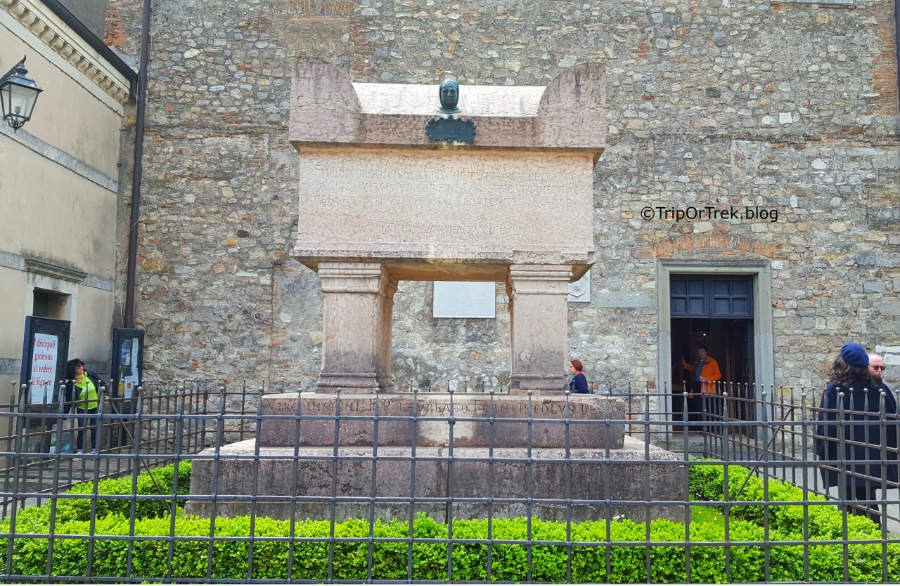
The real attraction of the city, however, is the Casa Petrarca: The original structure of the house was from the 13th century and it was Francesco Petrarca himself, starting from 1369 when it was donated by the Lord of Padua Francesco the Elder from Carrara, to preside over the restoration work.
The Poet created a single accommodation with two units, reserving the raised floor of the building for himself and his family, while for the servitude the right building. In the sixteenth century, it became the owner of the noble Padua Pietro Paolo Valdezocco who painted the walls with temples represented scenes inspired by the Canzoniere, the Triumphs and Africa, all works of the Poet.
The last owner, Cardinal Pietro Silvestri, donated it to the City of Padua in 1875. Currently, they are still preserved the small study where the poet died with chair and original library. The house tour can be concluded with a curiosity: look and find the niche that houses the mummy of the cat that has been said to have belonged to the poet.
Hours: March to October 9-12.30 am/ 3-7 pm, November to February 9 -12 am / 2.30-5.30 pm. Tickets: full 4 euro, reduced 2 euro.

Like every Italian municipality, Arquà Petrarca has its peculiarities of food and wine: in addition to wines D.o.c. Of the Euganean hills here you can also taste olive oil Veneto Dop, but especially jujubes: fruits of scarlet color, with the form of olive with yellow pulp, great for jams, syrups, and very appreciated when it is used for “broth” a liqueur with a low alcohol content of red color that has a full and sweet taste. It’s great as after dinner, but also as a digestive.
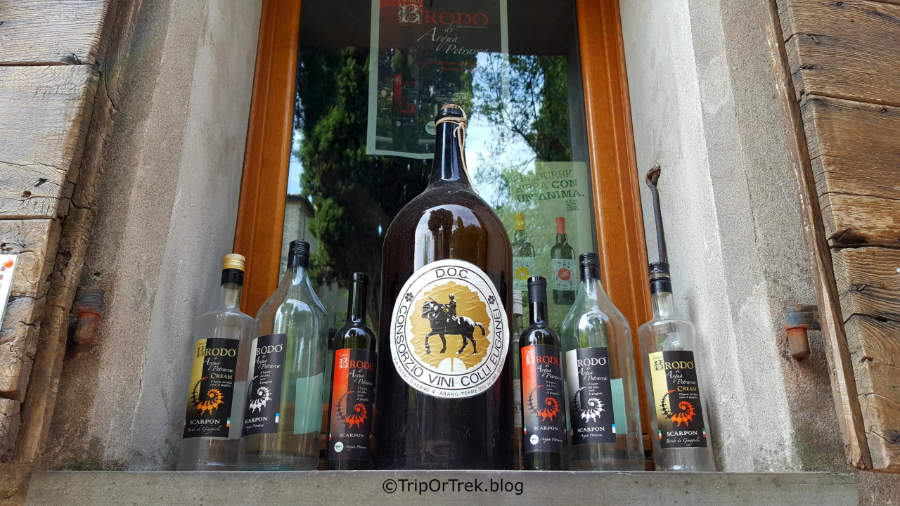
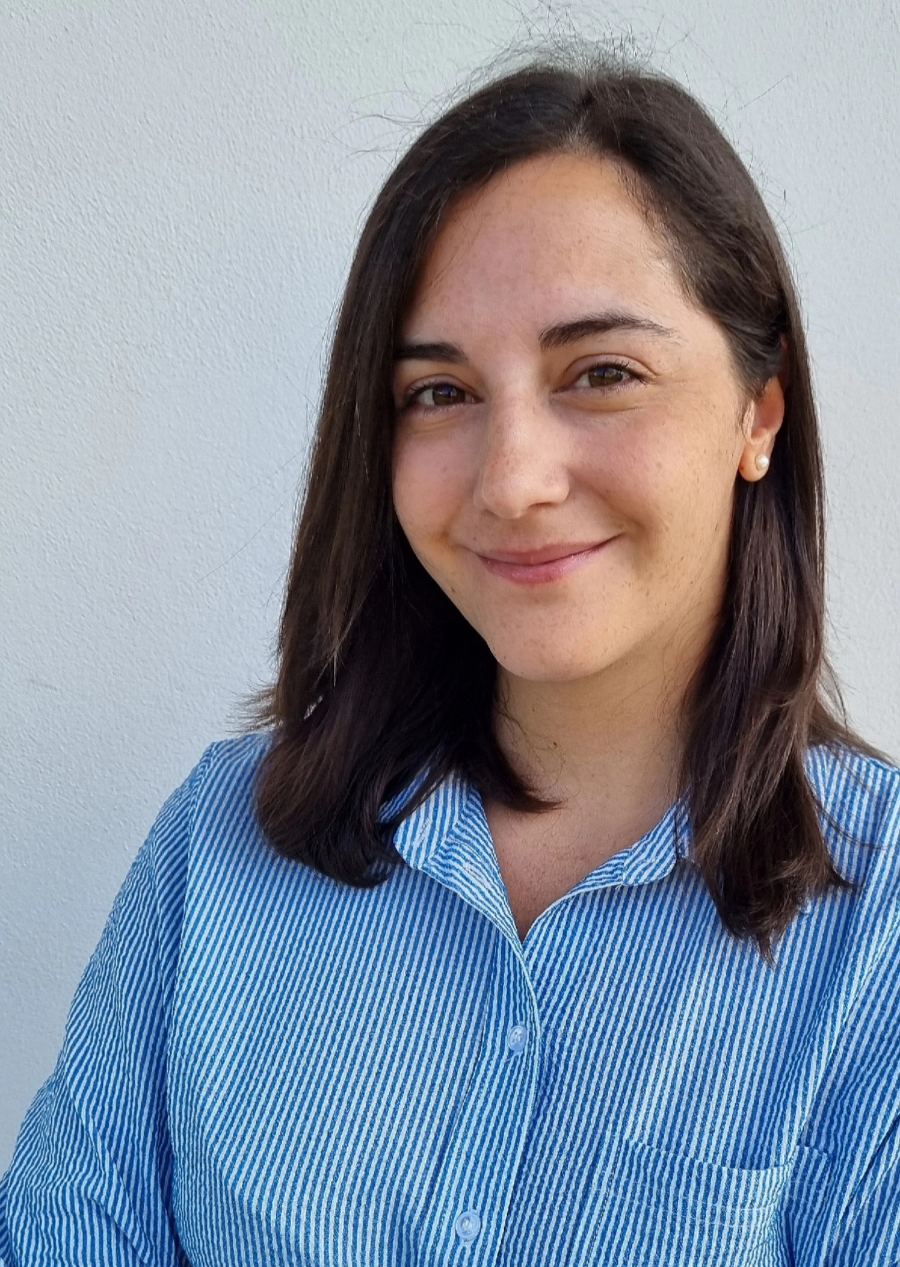
Viaggio e racconto il tuo territorio scrivendo di turismo, marketing territoriale e storytelling nel mio blog TripOrTrek



